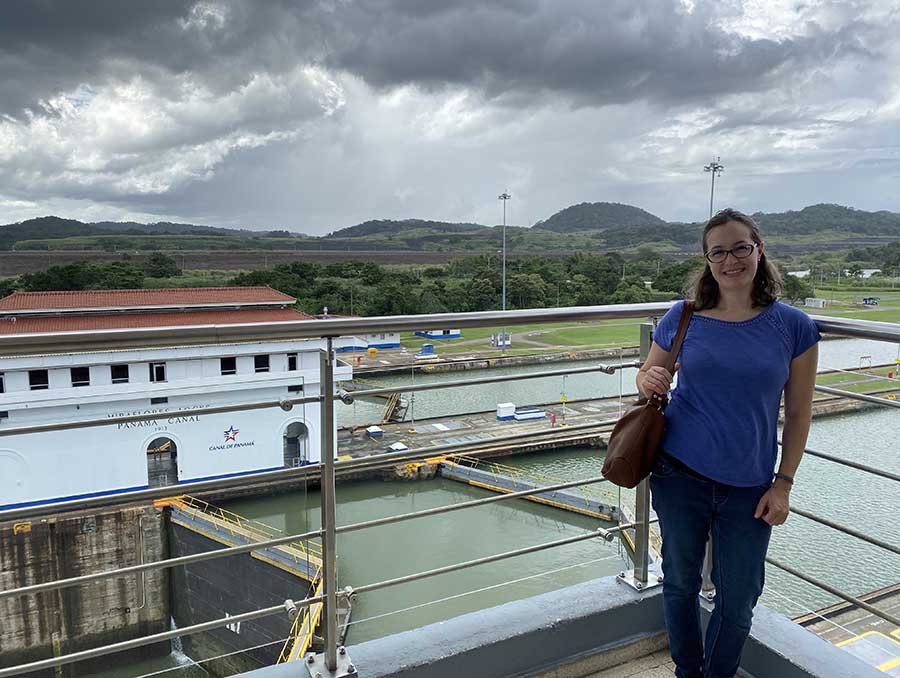Renata Keller, an associate professor of History at the University of Nevada, Reno, is a recipient of the National Endowment for the Humanities Public Scholar Award to write a book on the Cuban Missile Crisis and Cold War in Latin America.
“I feel extremely honored to receive this award,” Keller said. “For an academic, it’s a huge compliment to hear that the general public might find your work interesting or important. I see this award as a vote of confidence from the NEH that I can write a book that changes how we think about a major world historical event. That’s a very exciting opportunity.”
The Public Scholars program supports the creation of well-researched books in the humanities written for a broader public audience. They offer grants to individual authors for research, travel and other activities that contribute to the publication of the book. The grant will allow Keller to take a year off from teaching to focus on writing. She applied for the grant this last February before the statewide shutdown due to COVID-19.
“I explained that I am writing a book about a well-known event, the Cuban Missile Crisis, from an original perspective, looking at how people across Latin America responded to and participated in the crisis,” she said. “I also explained that I plan to use the grant as an opportunity to learn how to write for public audiences, not just academic ones.”
Keller has spent almost a decade traveling around Latin America for her research. She stayed in Mexico City in 2009-2010 conducting research for her first book “Mexico’s Cold War” and traveled to Havana, Cuba, as well. She wrote a bit about the Cuban Missile Crisis in that book, giving her the opportunity to speak on the topic at Boston University as part of the 50th anniversary of the crisis in 2012.
After staying put for a few years due to the Zika virus and starting a family, Keller traveled to Chile in 2017 with funding from the American Philosophical Society. She also traveled to Argentina and Bolivia in 2018 with funding from NEH, and most recently to Panama with funds from the University this last December. To make up for the time lost due to travel restrictions, she has found many primary and secondary sources online.
“I've been in contact with other historians who work on or live in countries that I have been unable to visit, and archivists and librarians from those countries, and they have been incredibly generous in helping me find sources.” Keller said. “If time and money and children and politics and pandemics permit, I would still love to go to Brazil, Colombia and Uruguay, and back to Cuba, to work in their incredible archives and libraries before I finish writing the book.”
Keller wants to emphasize how grateful she is to NEH and to the University for supporting her and the field of humanities. With universities and humanities fields struggling to survive, she said it is now more important than ever to encourage and fund research that applies to the wider public audience.
“One of the goals of my book is to introduce new perspectives to a familiar story and show how interconnected the histories of different countries and communities are,” she said. “These are some of the most powerful contributions that historians can make to society, and I hope that, at least in some small way, my work can help demonstrate the enduring value of the humanities.”












